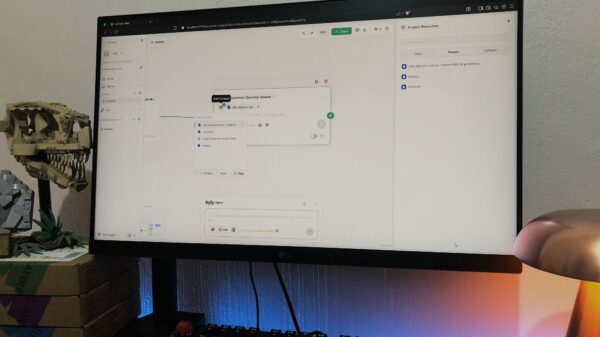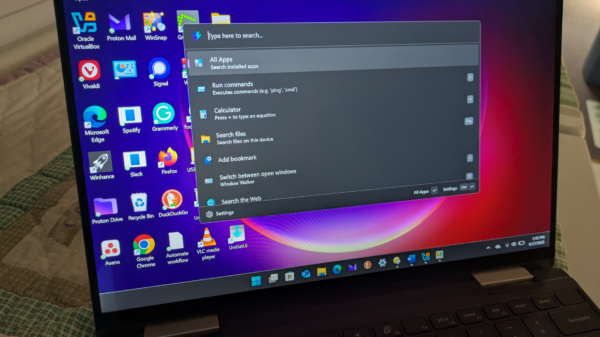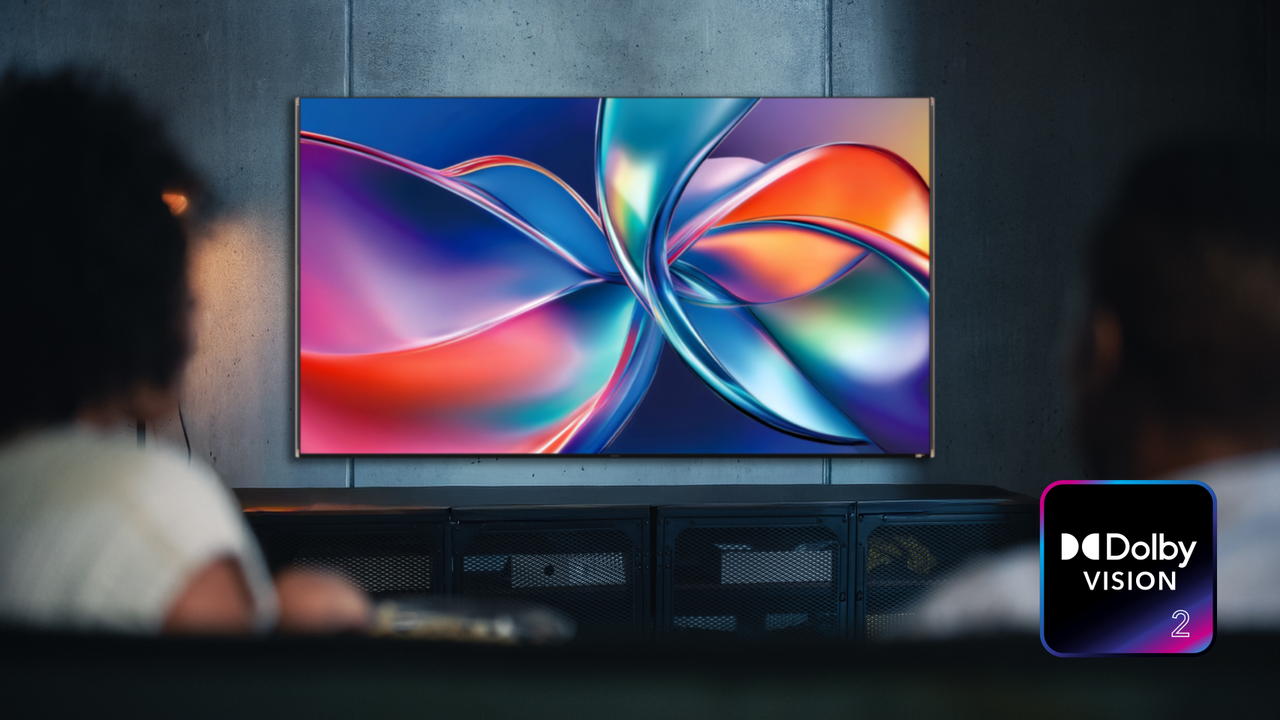The debate over whether Dolby Vision HDR is essential when purchasing a television has sparked interest among consumers. As televisions become increasingly sophisticated, features like screen size, brand, and sound quality often dominate discussions. Yet, the addition of Dolby Vision compatibility raises questions about its significance in the buying decision.
Dolby Vision is a prominent format of High Dynamic Range (HDR) technology, designed to enhance the contrast of images displayed on screens. By improving the difference between the brightest and darkest parts of the picture, HDR technology allows viewers to appreciate more detail across the entire image. Dolby Vision takes this technology further by continuously optimizing how HDR content is presented in real time. This results in a more accurate and immersive viewing experience, allowing content creators to maintain their artistic vision much closer to what they intended.
While Dolby Vision has gained a reputation for excellence, it is not the only HDR option available. The most common alternative is HDR10, an open standard that manufacturers can use without incurring fees. Although HDR10 offers substantial improvements over standard dynamic range, it lacks some of the advanced features of Dolby Vision. HDR10+ attempts to bridge this gap by utilizing dynamic metadata to enhance HDR images on a frame-by-frame basis. Another variant, HLG (Hybrid Log Gamma), is primarily used by television broadcasters.
As technology evolves, the anticipated Dolby Vision 2 is set to further enhance the HDR experience. Many high-end televisions currently feature Dolby Vision, including models from respected brands such as LG, TCL, Panasonic, and Sony. This has led consumers to ponder whether Dolby Vision is a feature they actively seek or merely a supplementary benefit.
Consumer experiences with Dolby Vision vary widely. Some may have encountered subpar implementations of the technology, while others may not perceive a significant difference compared to standard HDR. On the other hand, many enthusiasts argue that Dolby Vision offers a superior viewing experience.
The conversation surrounding Dolby Vision is timely and important as consumers consider their next television purchase. As part of our ongoing Ask The Reader feature, we invite opinions on whether Dolby Vision HDR is a “deal breaker” when selecting a new TV.
Your insights are valuable, and we will compile responses over the next month to create a comprehensive feature on this topic. Comments can be shared in the comments section of this article, on our social media channels, or directly on our forums.
In the rapidly evolving world of television technology, understanding consumer preferences is crucial. Whether you view Dolby Vision as essential or simply an added bonus, your perspective will contribute to a broader understanding of what matters most in today’s TV market.








































































